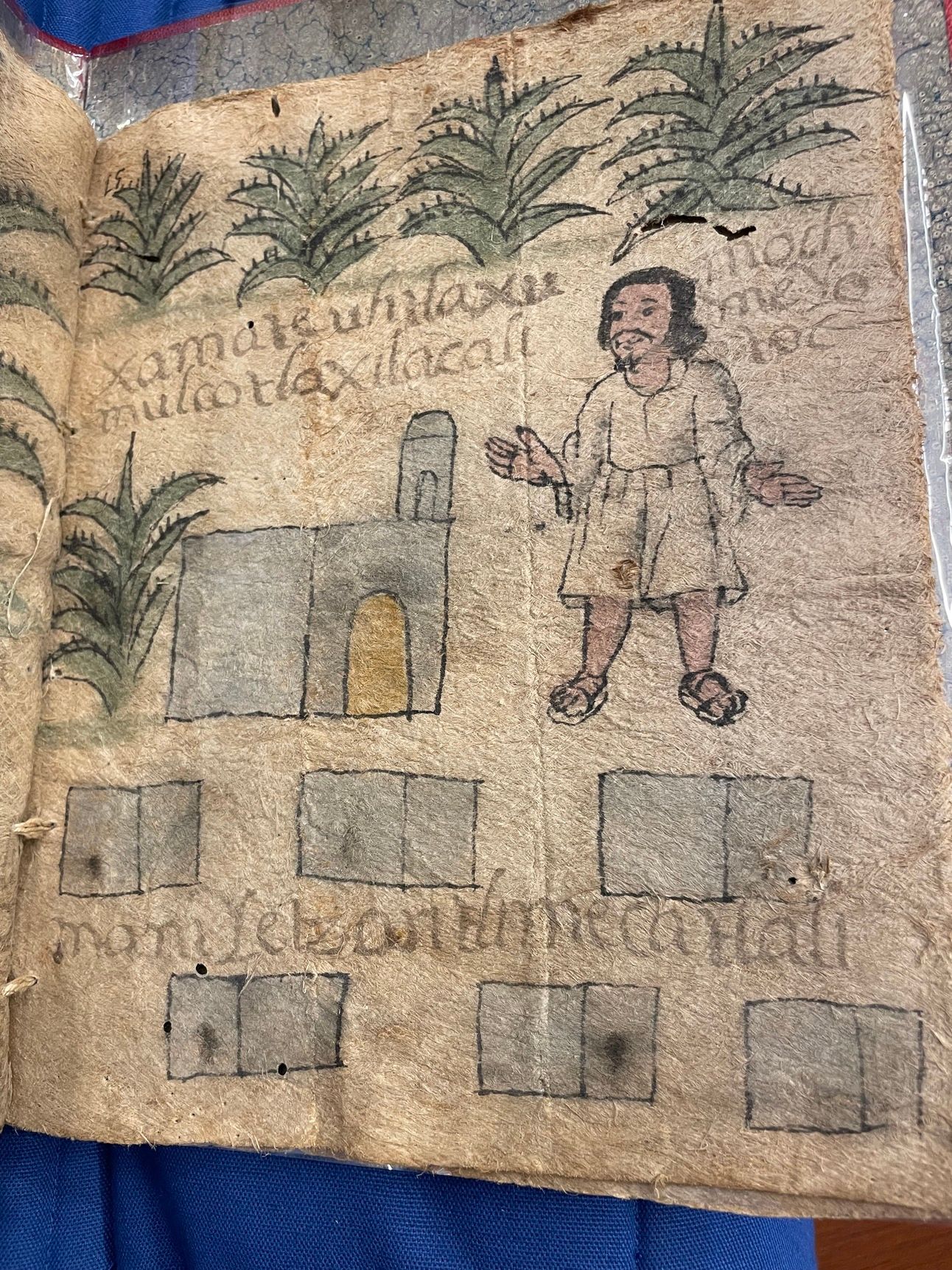- Jeremy's Newsletter
- Posts
- April 2025
April 2025
"The work of these women remains..."
Hello!
I’m writing to you all from the beginning of spring here in Missouri. Redbuds are blooming, magnolia are opening, leaves aren’t out yet in full but the fields across the street have become a different, more vibrant green.
A Poem on My Mind:
“A Prophecy” by Rosalie Moffett
This morning, the windowsill full
of roly polies, those little military vehicles,
who’ve assumed, even in death,
their most defensive pose. You can try to change, the man
on the meditation app says, the world,
but it’s much easier to change your mind. I study its armor
of small curved plates, their ingenious overlap.
Each, in its sphere, guards itself.
Last night, a possum, comatose in the garden.
Stiff, it can suffer in this state
no pain. This is essential. The dog, baffled.
Un-numbed, unharmed, the possum
ambled down the alley hours later. The world,
disinterested in itself, turns its attention
to my mind.
Rosalie is a great poet, editor, person, and literary citizen who I met while running a reading series in Tennessee with my friend Katie. I’ll never forget listening to her poems in the bar parking lot with the sunset behind her, kudzu and ivy running over the hillsides behind the stage. As time passed, she invited me and my wife Ellen to read at her own series in Athens, and hosted us at her home, taking us for Mexican food and to hear great writers who lived in the area. In the years since, Rosalie’s published two more fantastic books, entered parenthood, and became a professor at the University of Southern Indiana and a great poetry editor of Southern Indiana Review.
This poem is in her most recent collection, Making a Living, which was published just this past month. The book expertly combines her experiences entering motherhood with her precise political and ethical thought. If you haven’t yet bought a copy, you should buy one here (or get your local bookstore or library to order a copy for you): https://milkweed.org/book/making-a-living
And while you’re at it don’t miss out on Rosalie’s other books, June in Eden and Nervous System.
Indigenous Book Histories
Last summer, I took part in my first Rare Book School course on Indigenous Book Histories at the Newberry Library in Chicago. The Newberry’s Ayer collection and its curators have a breadth of texts and expertise that made it the perfect place to engage the conversations we joined that week on how/whether to study certain Indigenous texts, how to determine their histories, how to establish ethical research relationships with tribes as individuals and as institutions, and much much more. It was also great to just be in a room with a bunch of other people who value researching and teaching Indigenous books, from grad students to librarians, professors to preservationists.

It was a fascinating, in-depth course, and it’s directly shaping the next version of my Native American Literatures course as well as the start of my next research project. More on that project in the future, and more on Rare Book School in general as I’m happy to report I received a scholarship from RBS for a class I’ll be in this coming summer.
A New Publication

Thanks to Appalachian Journal and its editor Jessica Cory for giving this poem a home in their recent issue on Appalachian Visual Art. This one came from a visit to the Knoxville Museum of Art when I lived nearby, and the painting has stuck with me ever since, especially given the way I was investigating my grandmother and great-grandmothers’ experiences in East Tennessee at the time, lives connected in some ways to those Catherine Wiley was depicting here.
A Prompt
Take yourself to your local museum or art gallery and wander the halls until you find a piece that catches your attention or surprises you. Write a poem in response to the visual art you discover.
I really appreciate all of you who’ve signed up, and I look forward to writing again soon. Please leave a comment, reply to this email, share it with people you think would enjoy it, or send me a note in some other way just to say hi (hi!)
Wishing you all the best things.
-Jeremy
Reply